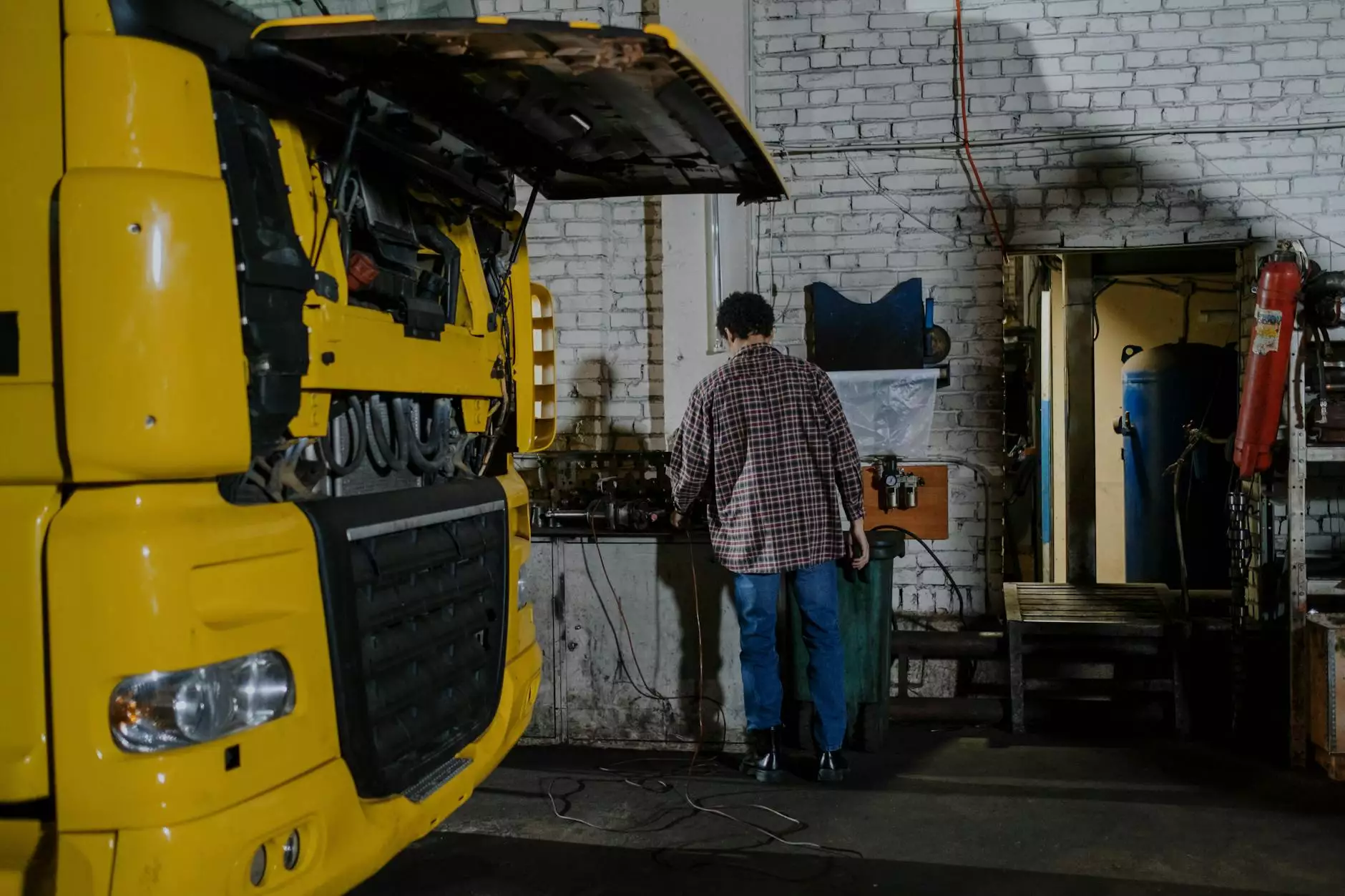Leading Brazilian Sugar Producers: Unveiling the Strength of Brazil’s Sugar Industry

Brazilian sugar producers have established a formidable reputation in the global agricultural sector, especially in the production and supply of high-quality sugar. As the leading force behind Brazil's reputation as the world’s largest sugar exporter, these producers play a vital role in shaping global markets, setting standards for quality, sustainability, and innovation within the industry.
Understanding Brazil’s Dominance in Global Sugar Production
Brazil has long been recognized as a powerhouse in the sugar industry, with Brazilian sugar producers contributing significantly to their domestic economy and the international market. The country’s favorable climatic conditions, expansive arable land, and advanced agro-industrial processes create ideal circumstances for large-scale sugarcane cultivation and processing.
- Climate and Geography: Tropical weather and abundant sunshine facilitate year-round sugarcane growth.
- Technological Innovations: Use of cutting-edge farming techniques, biotechnology, and automation enhances yield and efficiency.
- Government Policies and Incentives: Supportive regulations and investments boost productivity and sustainability.
The Evolution of Brazilian Sugar Producers: From Traditional to Modern Industry Leaders
Historically, the brazilian sugar producers began as small-scale farmers cultivating sugarcane for local consumption. Over time, the industry evolved into large, integrated corporations capable of global export. Major industry players now operate with sophisticated supply chains, research and development centers, and sustainability initiatives.
This transformation has been driven by:
- Technological Adoption: From mechanized harvesting to precision agriculture.
- Global Market Orientation: Focusing on export markets in North America, Europe, and Asia.
- Sustainability Focus: Incorporating environmentally friendly practices to meet international standards and consumer demands.
Key Characteristics of Leading Brazilian Sugar Producers
Scale and Capacity
Most top brazilian sugar producers operate large plantations, often exceeding several thousand hectares of cultivated land. Their processing facilities are massive, with processing capacities that can produce millions of tons of sugar annually. This scale allows them to influence prices, stabilize supply, and meet global demand efficiently.
Quality and Innovation
The best producers prioritize quality, adhering to international standards such as ISO certifications and organic labels where applicable. They invest heavily in research to improve sugarcane variety resilience, disease resistance, and yield optimization.
Sustainability and Eco-Friendly Practices
Growing environmental consciousness has led brazilian sugar producers to implement sustainable practices such as:
- Water recycling systems
- Reduction of chemical inputs
- Use of renewable energy sources like bagasse-based cogeneration
- Conversion of by-products into biofuels and animal feed
The Economic and Social Impact of Brazilian Sugar Producers
Brazilian sugar producers are vital to the national economy, contributing significantly through employment, rural development, and export revenues. They create thousands of jobs directly in plantations and processing plants and indirectly in logistics, distribution, and ancillary services.
Moreover, many producers engage in community development programs, focusing on improving living conditions, education, and health services in rural areas. The social responsibility initiatives help sustain local communities, ensuring long-term operational stability and growth.
Global Market Trends Influencing Brazilian Sugar Producers
Demand Dynamics
The rising global demand for clean energy has catalyzed growth in biofuels, with Brazilian sugar producers expanding into ethanol production. Brazil’s ethanol exports are a key component of its renewable energy strategy, reducing reliance on fossil fuels globally.
Trade Policies and Tariffs
Trade agreements, tariffs, and import restrictions directly impact Brazilian sugar exports. Producers continually adapt to changing trade scenarios to maintain competitiveness and market share.
Sustainability and Certification Standards
International consumers and buyers increasingly prefer products that adhere to sustainability certifications such as Bonsucro. Brazilian sugar producers investing in these standards bolster their reputation and access premium markets.
Strategies for Success: How Brazilian Sugar Producers Maintain Leadership
- Vertical Integration: Controlling the entire supply chain from cane planting to sugar export ensures quality and cost efficiency.
- Research & Development: Ongoing innovation in crop genetic improvements and processing technologies maximizes productivity and sustainability.
- Market Diversification: Expanding into new markets and sectors like bioethanol, other bio-based products, and organic sugar.
- Sustainability Commitments: Investing in eco-friendly practices enhances global competitiveness and aligns with international standards.
- Strategic Partnerships: Collaborations with international companies facilitate technology transfer and market access.
Challenges Faced by brazilian sugar producers
Despite their success, Brazilian sugar producers face several challenges that require strategic resilience:
- Environmental Challenges: Deforestation, water management issues, and climate change impacts threaten production sustainability.
- Market Volatility: Fluctuations in global sugar prices demand agile operational strategies.
- Labor and Social Issues: Ensuring fair labor practices while maintaining competitive costs is ongoing.
- Technological Upgrades: Staying ahead with advanced technologies requires continuous investment.
The Future of Brazilian Sugar Producers: Innovation and Global Impact
The future prospects for brazilian sugar producers are promising, primarily propelled by technological advancements and increasing global demand for renewable energy. Key focus areas include:
- Bioenergy Expansion: Increasing ethanol and bioelectricity production to meet global renewable energy needs.
- Digital Transformation: Implementing IoT, AI, and data analytics for precision farming and efficient supply chain management.
- Sustainable Development Goals (SDGs): Embedding sustainability into core business strategies to ensure long-term growth and social license to operate.
- Market Diversification: Exploring new export markets and emerging sectors such as organic and specialty sugars.
How BrazilsugarTopsuppliers.com Supports Global Buyers with Premium Sugar from Brazilian Producers
At brazilsugartopsuppliers.com, we serve as a gateway for global buyers seeking high-quality sugar directly from leading brazilian sugar producers. Our platform is committed to providing:
- Verified and certified Brazilian sugar suppliers with proven track records
- Comprehensive product information including specifications, quality standards, and certifications
- Logistics support to ensure timely delivery and optimal pricing
- Sustainable and organic sugar options aligned with global environmental standards
- Personalized consultation to meet specific sourcing needs in diverse markets
Conclusion: Why Choose Brazilian Sugar Producers for Global Markets
In summary, brazilian sugar producers enjoy unparalleled global recognition for their quality, innovation, and sustainable practices. Their strategic investments, technological leadership, and community-centered approach have cemented Brazil’s position as the top supplier of sugar worldwide. As the world continues to shift towards sustainable energy and healthier food options, Brazilian sugar producers are poised to lead this transformation with resilience, expertise, and unwavering commitment to excellence.
For international buyers, partnering with reputable Brazilian sugar producers through trusted platforms like brazilsugartopsuppliers.com guarantees access to premium products, reliable logistics, and sustainable supply chains. By understanding the industry’s dynamics and leveraging Brazil’s competitive advantages, your business can thrive in the global sugar market and contribute to a more sustainable future.









